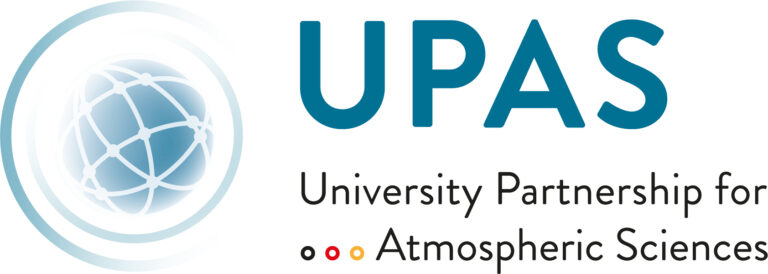Although the course at all universities is intended to prepare you for later professional life, such as work in research, it differs at the different locations. Due to the proximity to various related institutions and different working groups, different priorities are set, which also leads to different equipment, such as special measuring instruments, and more intensive research in the respective field, which of course also influences teaching and opens up location-specific possibilities.
Using the respective module handbook and module plan for the course of study, the strengths and specializations of the respective location can be determined more precisely and can be an important point of reference when choosing where to study.
Working groups
A working group (AG) at a university usually consists of a person leading the group, who usually has or is aspiring to a professorship, and employees of the respective institute, i.e. students, doctoral candidates and postdocs. Together they conduct research on a scientific focus specified by the person in charge. These working groups can be limited in time if there is a research contract and this is fulfilled, or they are permanent working groups, which are then usually subject to certain conditions, such as a teaching contract. The number of working groups in an institute usually depends on the number of professorships awarded by the institute, since every professor naturally also wants to conduct research in addition to his or her mandatory teaching activities. This then happens in the working group.
Here you can see which working groups there are at the various institutes.
Freie Universität Berlin
- Atmospheric Dynamics
- Climate Diagnostics and Extreme Meteorological Events
- Urban Climate and Urban Monitoring Network
- Statistical Meteorology
- Radiation and Remote Sensing
- Theoretical Meteorology
- Tropospheric Environmental Research
- Weather and Climate Processes
- Infrastructure and Data Management
- Turbulence in the Boundary Layer
Rheinische Friedrich-Wilhelms-Universität Bonn
- Theoretical Meteorology
- Climate Dynamica
- German Reanalysis Project
- Radar Research Group
- COSMO Model
Goethe-Universität Frankfurt am Main
- Atmospheric Physics and Climate
- Atmospheric Environmental Analytics
- Experimental Atmospheric Research
- Boundary Layer Meteorology
- Mesoscale Meteorology and Climate
- Theory of Atmospheric Dynamics and Climate
Universität Hamburg
- Drivers of Tropical Circulation
- Atmospheric Measurements/ Process Modelling
- Atmospheric Dynamics and Predictability
- Smale Scale Atmospheric Modelling
- Climate, Radiation, Remote Sensing
- Mesoscale und Microscale Modelling
- Environmental Wind Tunnel Laboratory
Leibniz Universität Hannover
- Boundary Layer Meteorology
- Solar Radiation and Remote Sensing
Universität Leipzig
- Atmospheric Radiation
- Meteorology of the Upper Atmosphere
- Clouds and global Climate
- Remote Sensing and Arctic Climate System
- Aerosols and Clouds
- drOPS – clouD and pRecipitationObservations for Process Studies
- Climate Causality
- Climate Attribution
Karlsruher Institut für Technologie
- Atmospheric Dynamics
- Cloud Physics
- Regional Climate and Weather Hazards
- Aerosol and Reactive Tracer Modelling
- Land Surfaces and Boundary Layer
- Atmospheric Risks
Universität zu Köln
- Atmospheric Water Cycle and Remote Sensing
- Exploiting Observations in Meteorology
- Atmospheric Modelling
- Integrated Scale – Adaptive Parametrization and Evaluation
- Emmy-Noether Group OPTIMice
- Energy Meteorology
- Junior-Research group : Turbulence in the boundary layer
Johannes Gutenberg-Universität Mainz
- Dynamic Meteorology
- Envitonmental Modelling of the Climate System
- Theory of Clouds
- Modelling of Cloud-Aerosol-Dynamics Interactions
- Airborn Measurements and UTLS-Transport Processes
- Aerosol and Cloud Physics
- Atmospheric Trace Gases
Ludwigs-Maximilian-Universität München
- Atmospheric Dynamics
- Remote Sensing and Radiative Transfer
- Stratosphere – Troposphere Dynamics and Climate
- Trace Gases
- Data Assimilation and Ensemble Forecasting
- Middle Atmosphere
- Tropical Meteorology
You can find even more information about the individual study locations in the university atlas of the Junge DMG.


